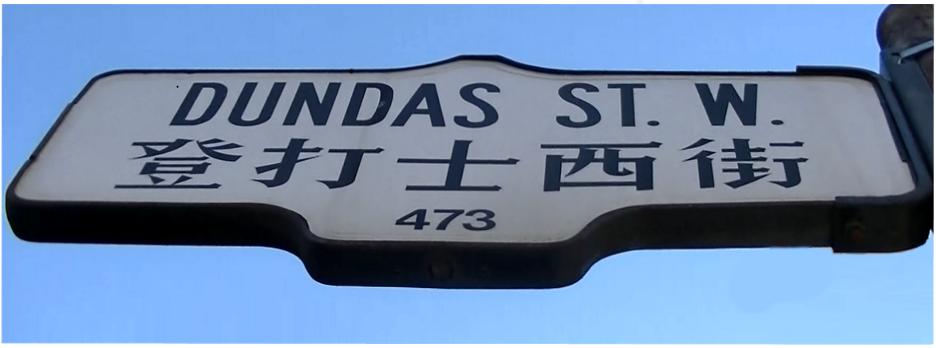Full council to vote on first part of plan that could see the renaming of historic thoroughfare

Toronto city council’s executive committee adopted a report Wednesday on the renaming of Dundas Street. The executive committee’s move means that the full council will take a vote on the street name next week.
The report comes in response to an online petition to rename the street, citing the “problematic legacy” of Henry Dundas, 1st Viscount Melville, for whom the street was named. The petition claims that Dundas obstructed the abolition of slavery in the British Empire while he served as Secretary of State in the 1790s.
“The case for renaming Dundas Street is, in my opinion, a very clear one,” Andrew Lochhead, the creator of the petition, told the executive committee.
“The report before you from the city manager contains numerous sources to which you can refer that clearly articulate why Henry Dundas, the individual, is no longer a suitable candidate for a public street name in the city of Toronto,” Lochhead said.
Lochhead was just one of five speakers on the topic. Not everybody who spoke shared Lochhead’s sentiment on Dundas.
Bobby Dundas, 10th Viscount Melville, claims direct descent from Henry Dundas. He spoke to the executive committee by phone, saying his ancestor was an abolitionist and highlighted his importance in U.K. politics both as Secretary of State and as Lord Advocate, the chief legal officer of Scotland.
“I think any attempt to degrade his legacy, changing town, street or statue names, giving people the idea that he was in favour of slavery would really be a profound injustice to a man who did his absolute utmost to ensure that progressive politics in that period were realistically presented,” Dundas said.
Speaking of his ancestor’s work as a jurist, Dundas mentioned the landmark case of Joseph Knight, a Guinean man sold as a slave to a Scottish slave owner who brought Knight back to Scotland in 1769.
The elder Dundas maintained his private practice while serving as Lord Advocate. In his private practice, Dundas served as Knight’s lawyer, eventually emerging victorious. Melville said that by winning that case, Dundas helped to abolish slavery in Scotland.
Jennifer Dundas, another descendant, also spoke in support of Henry Dundas. “Every time Henry Dundas spoke about slavery, he spoke against it,” she said. “He spoke about it as being contrary to justice.”
However, Lochhead said that this was not just a matter of history, but also one of the present day.
“To view this concern as primarily about the actions of a person from over two centuries ago would be absolutely wrong,” Lochhead said. “It is about beginning a process that allows us to confront systemic racism and to begin dismantling colonial power structures that exist today in our city’s environment.”
Lochhead also said he believed the city manager’s report went beyond what was originally called for in the petition, by proposing amendments to the way the city bestows municipal honours and a review of the existing awards, monuments and other honours in the city.
The report, which came from the office of the city manager, suggests four possible actions the city can take in response: do nothing; keep the legal name of Dundas Street, but add ceremonial plaques that acknowledge the history of Henry Dundas; keep the legal name of Dundas Street and any TTC stops but rename other city property such as parks or public libraries with Dundas in the name; or rename all streets and other assets currently bearing the name Dundas.
City council will vote on Sept. 30 to authorize the city manager to undertake the first part of the plan, to allow Toronto citizens to provide their feedback on the four options. The city manager will then report back to the city in early 2021 to decide on which of the four options to pursue.
Dundas Street continues into other municipalities, such as Mississauga and Hamilton. Any city effort wouldn’t affect the street’s name in those areas.
This article may have been created with the use of AI tools such as
